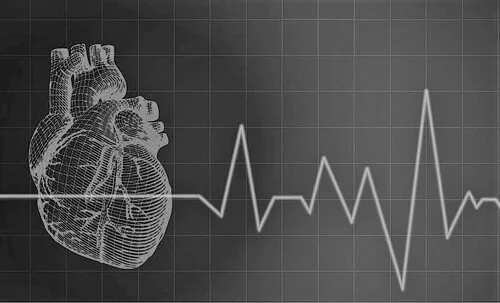A new study published in Experimental Gerontology found that among 170 blood donors, elderly patients with heart failure had the lowest NAD+ levels, which suggests a role for NAD+ precursors in supporting heart health [1].
Read MoreA recent study found that raising NAD+ levels in a mouse model could protect the survival and function of retinal cells, the cells responsible for sight, against damaging UV light.
Read MoreRaising NAD+ levels with the precursor Nicotinamide Riboside (NR) was found to reduce markers of inflammation in the blood from a small group of Stage D heart failure (HF) patients.
A new study shows that while both nicotinamide mononucleotide (NMN) and nicotinamide riboside (NR) can help protect against blood-vessel inflammation by raising NAD+, NR may be the more direct and effective precursor.
The latest research suggests NAD+ may play a central role in regulating inflammation for an effective—but targeted—immune response to dangerous pathogens such as the Coronavirus.
Read MoreThe human body is composed of cells in the trillions. Each cell relies on a resource molecule called NAD+ for the generation of energy we know as ATP. This energy helps cells perform their unique functions and survive. As the available knowledge of NAD+ expands, scientists have come to realize that it also plays a vital role in helping activate important signaling molecules for cellular defense.
Read MoreJust like our planet is mustering up the resources to fight the ongoing COVID-19 (Coronavirus) pandemic, so too do our cells need energy to support cellular repair. NAD+ may hold the key to supporting cellular resilience in the face of immune stress, like viral infections.
Read More






